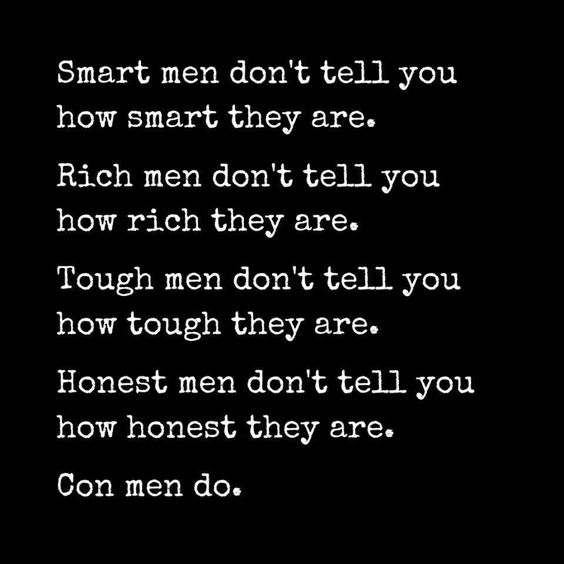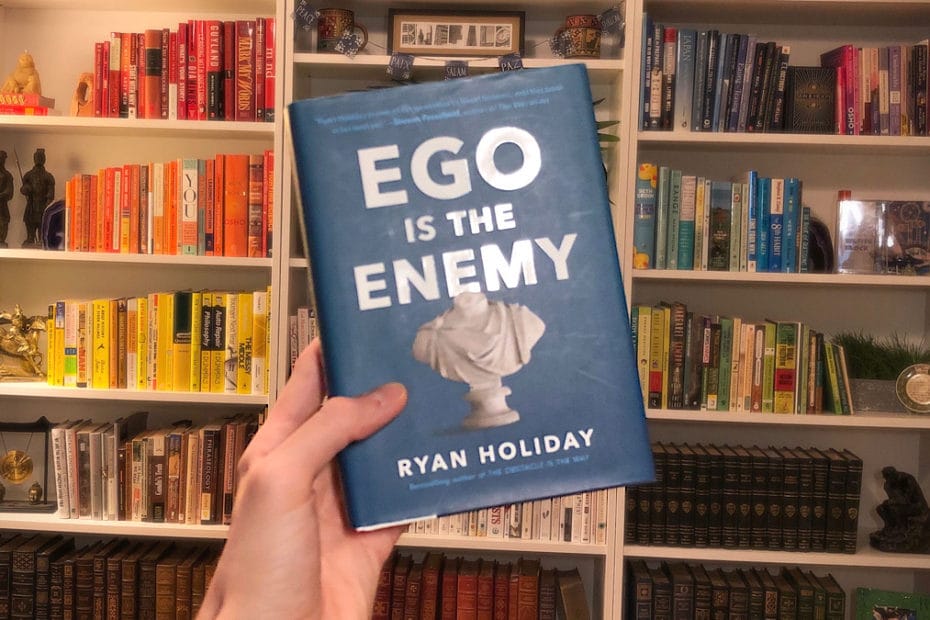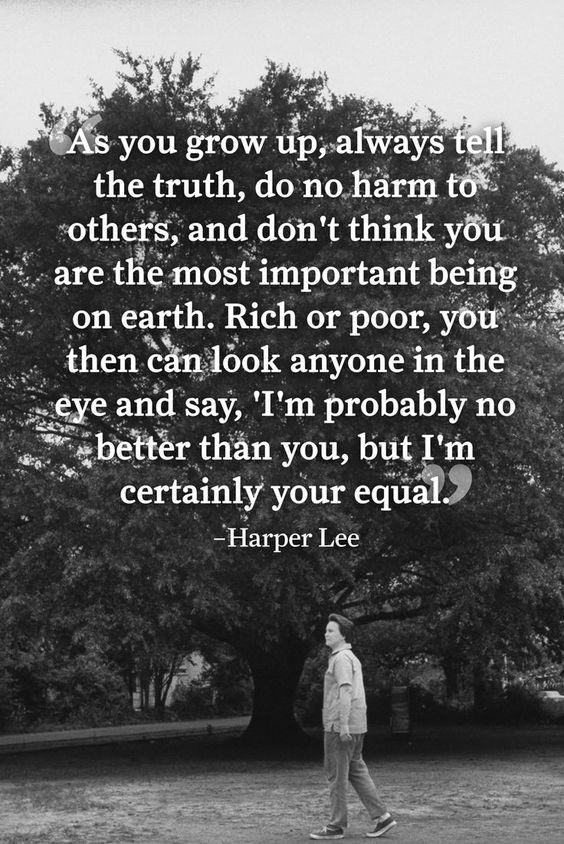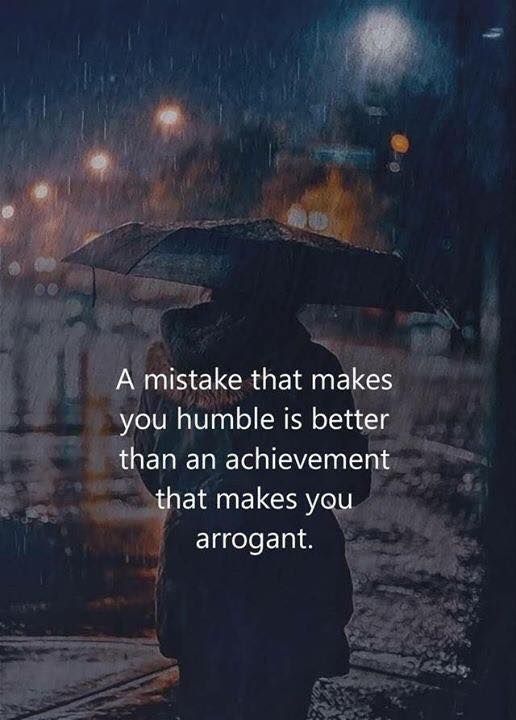“Overconfidence is a great weakness and a liability. But if you are already humble, no one will need to humble you—and the world is much less likely to have nasty surprises in store for you. If you stay down to earth, no one will need to bring you—oftentimes crushingly so—back down.”
Ryan Holiday, The Daily Stoic (Page 274)
“Let us get used to dining out without the crowds, to being a slave to fewer slaves, to getting clothes only for their real purpose, and to living in more modest quarters.”
Seneca, On Tranquility Of Mind, via The Daily Stoic (Page 271)
“No one is crushed by Fortune, unless they are first deceived by her… those who aren’t pompous in good times, don’t have their bubbles burst with change. Against either circumstance, the stable person keeps their rational soul invincible, for it’s precisely in the good times they prove their strength against adversity.”
Seneca, via The Daily Stoic (Page 270)
“Great teachers are usually hardest on their most promising students. When teachers see potential, they want it to be fully realized. But great teachers are also aware that natural ability and quick comprehension can be quite dangerous to the student if left alone. Early promise can lead to overconfidence and create bad habits. Those who pick things up quickly are notorious for skipping the basic lessons and ignoring the fundamentals. Don’t get carried away. Take it slow. Train with humility.”
Ryan Holiday, The Daily Stoic (Page 211)
“Spiritual humility is not about getting small, not about debasing oneself, but about approaching everything and everyone else with a readiness to see goodness and to be surprised. This is the humility of a child, which Jesus lauded. It is the humility of the scientist and the mystic. It has a lightness of step, not a heaviness of heart.”
Krista Tippett, Becoming Wise (Page 266)
“More damage is inflicted by people who think they have it all together than by people who have been humbled by the realization that they probably do not.”
Marianne Williamson, The Shadow Effect (Page 172)
“When we experience success, we must make sure that it doesn’t change us—that we continue to maintain our character despite the temptation not to. Reason must lead the way no matter what good fortune comes along.”
Ryan Holiday, The Daily Stoic (Page 106)
23 Ryan Holiday Quotes from Ego is the Enemy on Success, Humility, and Work Ethic
Excerpt: Your ego is holding you back from realizing your full potential in life. Read our 23 quotes from Ego is the Enemy to find out how.
Read More »23 Ryan Holiday Quotes from Ego is the Enemy on Success, Humility, and Work Ethic
“It is better to start as a fool and learn from your mistakes than to fake being a genius and ignore your errors.”
James Clear, Blog
“When you’re too embarrassed to ask for help, that’s a little knock at your door saying, ‘You’re insecure!'” ~ Jocko Willink, Extreme Ownership (Page 308)
“Leadership decisions are inherently challenging and take practice. Not every decision will be a good one: all leaders make mistakes. No leader, no matter how competent and experienced, is immune from this. For any leader, handling those mistakes with humility is the key. Subordinates or direct reports don’t expect their bosses to be perfect. When the boss makes a mistake but then owns up to that mistake, it doesn’t decrease respect. Instead, it increases respect for that leader, providing he or she possesses the humility to admit and own mistakes and, most important, to learn from them.” ~ Jocko Willink, Extreme Ownership (Page 287)
“Uncertainty is the root of all progress and all growth. As the old adage goes, the man who believes he knows everything learns nothing. We cannot learn anything without first not knowing something. The more we admit we do not know, the more opportunities we gain to learn.” ~ Mark Mason, The Subtle Art of Not Giving a F*ck
Ego is the Enemy [Book]

Book Overview: Many of us insist the main impediment to a full, successful life is the outside world. In fact, the most common enemy lies within: our ego. Early in our careers, it impedes learning and the cultivation of talent. With success, it can blind us to our faults and sow future problems. In failure, it magnifies each blow and makes recovery more difficult. At every stage, ego holds us back. Ego Is the Enemy draws on a vast array of stories and examples, from literature to philosophy to history. We meet fascinating figures such as George Marshall, Jackie Robinson, Katharine Graham, Bill Belichick, and Eleanor Roosevelt, who all reached the highest levels of power and success by conquering their own egos. Their strategies and tactics can be ours as well.
Post(s) Inspired by this Book:
“Do you know how you can tell when someone is truly humble? I believe there’s one simple test: because they consistently observe and listen, the humble improve. They don’t assume, ‘I know the way.'” ~ Ryan Holiday, Ego is the Enemy
“Success is intoxicating, yet to sustain it requires sobriety. We can’t keep learning if we think we already know everything. We cannot buy into myths we make ourselves, or the noise and chatter of the outside world. We must understand that we are a small part of an interconnected universe. On top of all this, we have to build an organization and a system around what we do – one that is about the work and not about us.” ~ Ryan Holiday, Ego is the Enemy
“Christians believe that pride is a sin because it is a lie – it convinces people that they are better than they are, that they are better than God made them. Pride leads to arrogance and then away from humility and connection with their fellow man. You don’t have to be Christian to see the wisdom in this. You need only to care about your career to understand that pride – even in real accomplishments – is a distraction and a deluder.” ~ Ryan Holiday, Ego is the Enemy
“We don’t like thinking that someone is better than us. Or that we have a lot left to learn. We want to be done. We want to be ready. We’re busy and overburdened. For this reason, updating your appraisal of your talents in a downward direction is one of the most difficult things to do in life – but it is almost always a component of mastery. The pretense of knowledge is our most dangerous vice, because it prevents us from getting any better. Studious self-assessment is the antidote.” ~ Ryan Holiday, Ego is the Enemy



